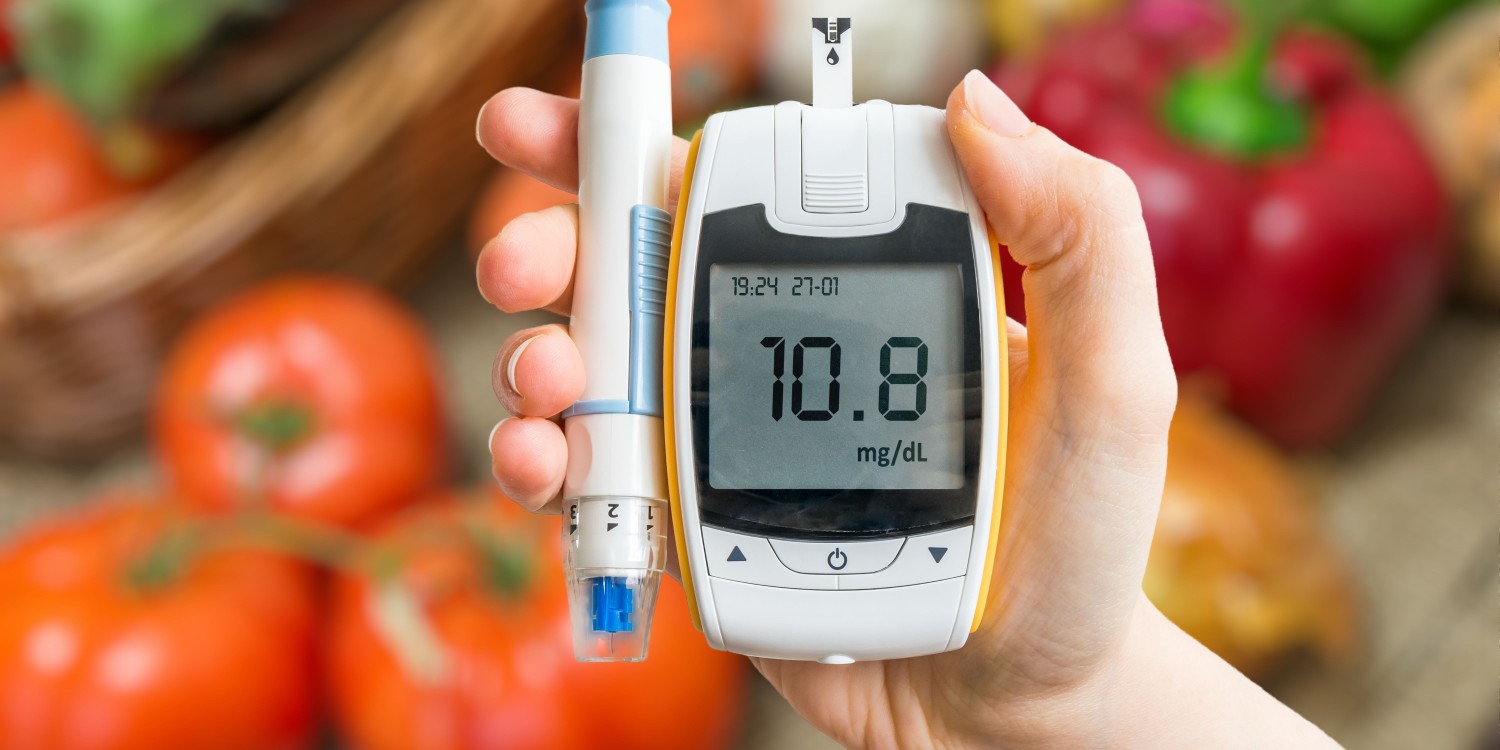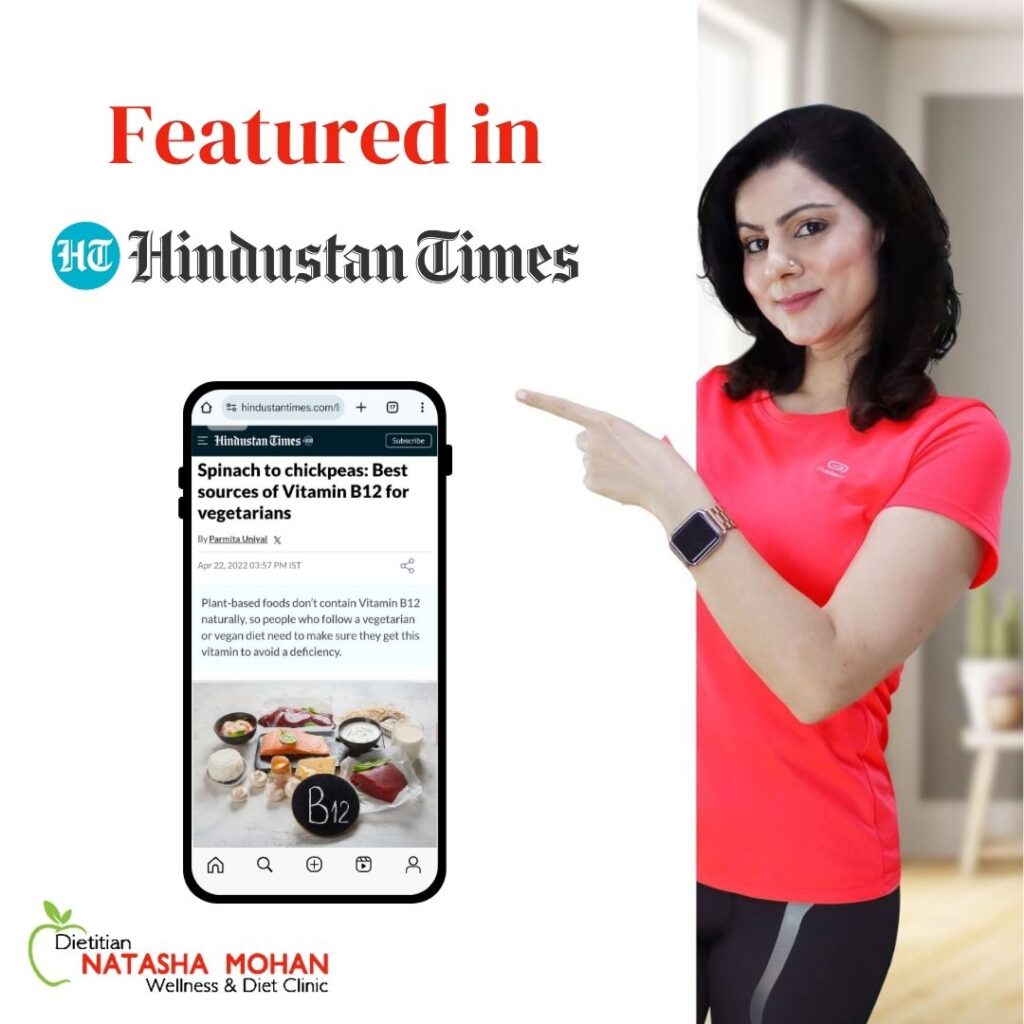

Dt. Natasha Mohan
Dietitian Natasha Mohan is one of the most influential and renowned nutritionist and dietitian, with over 3 Million Followers on YouTube and 200+ Million Views and with 10+ Years of Experience. Dietitian Natasha Mohan is a transformation expert, Motivational Speaker and Lifestyle Expert. She has touched million of lives. She specializes in Therapeutic Diets Like, PCOS/PCOD, Thyroid, Diabetes, Cholesterol, Blood pressure, and other lifestyle disorder.
Table of Contents
Best Vegetables for Diabetics: Control Blood Sugar Naturally & Effectively
Living with diabetes isn’t just about taking medication—it’s about making smart choices every single day. If you or a loved one has been diagnosed, you know the constant battle of managing blood sugar levels. The good news? The right foods, especially vegetables, can be your secret weapon in keeping diabetes under control.
But not all vegetables are created equal. Some can stabilize blood sugar, while others might cause spikes. So, which ones should you be eating? Let’s dive in and explore the best vegetables for diabetics that can help you take charge of your health naturally.
Understanding Diabetes and Blood Sugar
Diabetes is a condition that affects how your body processes glucose, leading to high blood sugar levels. When you eat, your body breaks down food into sugar, which enters the bloodstream. Insulin helps transport this sugar into cells for energy. But in diabetes, either your body doesn’t make enough insulin or doesn’t use it effectively.
This is why food choices matter so much. The right foods can help keep blood sugar levels stable, reducing the risk of complications like heart disease, nerve damage, and kidney problems.
Why Vegetables Are Essential for Diabetics
Vegetables are packed with vitamins, minerals, and fiber, all of which play a critical role in diabetes management. Here’s why they should be a staple in your diet:
High fiber content: Slows down sugar absorption, preventing blood sugar spikes.
Low in calories: Helps with weight management, which is crucial for diabetes control.
Rich in antioxidants: Protects against cell damage and reduces inflammation.
Best Vegetables for Diabetics
1. Leafy Greens
Spinach, kale, and lettuce are low in carbohydrates and high in fiber, making them perfect for stabilizing blood sugar levels. They are also rich in magnesium, which improves insulin sensitivity.
2. Cruciferous Vegetables
Broccoli, cauliflower, and Brussels sprouts are excellent choices as they contain sulforaphane, a compound that reduces blood sugar levels and inflammation.
3. Non-Starchy Vegetables
Cucumbers, zucchini, and bell peppers are hydrating, low in carbs, and help you stay full longer.
4. Root Vegetables (In Moderation)
Carrots and beets can be included in small amounts due to their natural sugar content, but they provide essential nutrients and antioxidants.
5. Fiber-Rich Choices
Asparagus, artichokes, and green beans are fantastic for digestion and help keep blood sugar levels steady.
How These Vegetables Help in Diabetes Management
Regulate blood sugar by slowing sugar absorption.
Reduce insulin resistance with essential nutrients like magnesium and antioxidants.
Improve overall health by reducing inflammation and oxidative stress.
Vegetables to Avoid or Consume in Moderation
Starchy vegetables like potatoes and sweet corn can cause sugar spikes.
Peas and winter squash should be eaten in controlled portions.
If you include these, balance them with high-fiber foods to minimize their impact.
Best Ways to Prepare and Eat These Vegetables
Raw vs. cooked? Light steaming preserves nutrients, while raw salads provide maximum fiber.
Pair with healthy fats like olive oil or avocado to improve nutrient absorption.
Try diabetic-friendly recipes like roasted Brussels sprouts, spinach smoothies, or cauliflower rice.
Conclusion
Managing diabetes doesn’t have to feel overwhelming. By making the right choices—like incorporating these powerful vegetables into your daily meals and enjoying treats like sugar free besan ladoo—you can naturally regulate your blood sugar and improve your overall well-being. Small changes can lead to big results, so why not start today?
Yes, but in moderation. Opt for sweet potatoes over white potatoes and pair them with fiber-rich foods.
Experts recommend at least 25-30 grams of fiber per day to help regulate blood sugar.
Fresh or frozen is best, but if using canned vegetables, choose those with no added salt or sugar.
Steaming, roasting, and sautéing with healthy oils like olive oil are great options.
While diet plays a huge role, diabetes reversal depends on various factors. However, a vegetable-rich diet can significantly improve blood sugar control.


